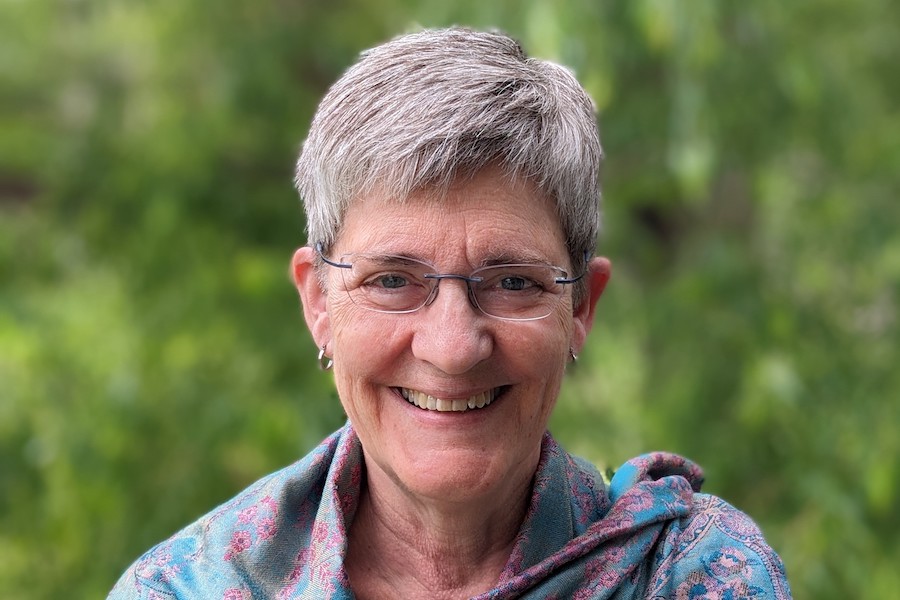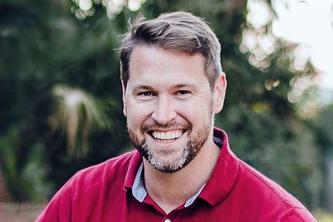
The Supreme Court ruled today that race-conscious admissions programs at Harvard and the University of North Carolina violated the equal protection clause of the 14th Amendment. The ruling has implications for college admissions programs across the country.
College of Liberal Arts Professor Jennifer Pierce can speak broadly about the impact of this ruling on affirmative action, on the historical context for the ruling and on efforts to ensure diversity across higher education and in the workforce.
Jennifer Pierce, Ph.D.
“The Supreme Court’s recent ruling is the successful culmination of American conservatives’ fifty-year anti-affirmative action campaign in higher education. It will close the doors of higher education to many Black, Indigenous and other people of color hoping to go college and will reduce diversity on college campuses nationwide.”
“By the 1990s, anti-affirmative action intellectuals and conservative research institutes played a pivotal role not only in ending affirmative action programs through ballot initiatives and litigation, but in disseminating anti-affirmative action arguments in the news media and on college campuses across the United States. One anti-affirmative action narrative maintained that the policy hurt white men. Yet in 1995, a study by the U.S. Labor Department found that actual cases of “reverse discrimination” against white men were rare, less than two percent; and in those cases, “the courts provided immediate relief.” The print news media, however, paid scant attention to this important research and continued to report on white male injury as if it were a common experience.”
“One of the untold stories about affirmative action is the fact that white women have been the policy’s greatest beneficiary. In the legal profession, for example, in the late 1980s, 19 percent of attorneys were women. By 2020, the number had risen to 37 percent. Certainly, white women lawyers continue to experience wage disparities, sexual harassment and the difficulties of balancing work and family life, but they have made far greater inroads into the profession than their Black, Indigenous and other people of color counterparts.”
Jennifer Pierce is a sociologist and professor in American Studies at the College of Liberal Arts on the Twin Cities campus. She has authored or edited seven books, including Racing for Innocence: Whiteness, Gender, and the Backlash Against Affirmative Action (Stanford UP 2012), which examines the backlash against affirmative action in the 1990s.
- Categories:
- Law and Policy
- Constitutional
- Equity and Diversity
- History




